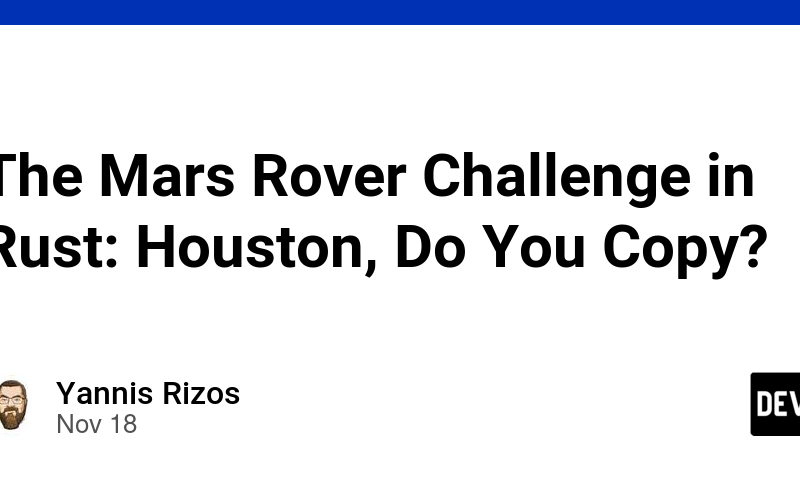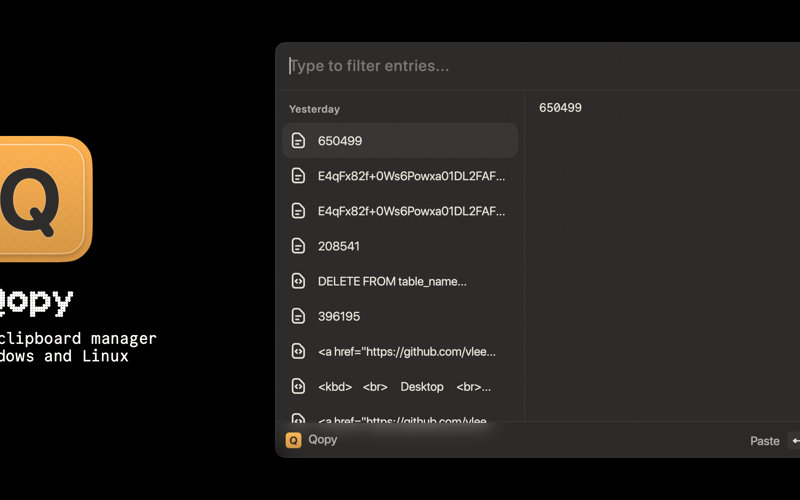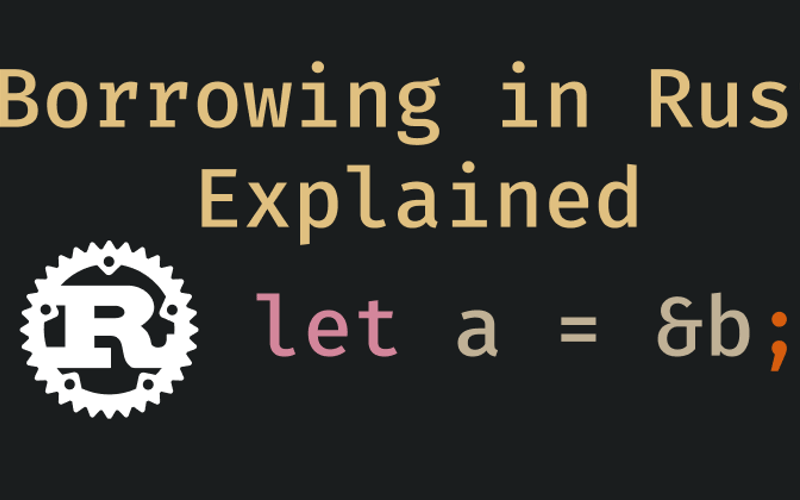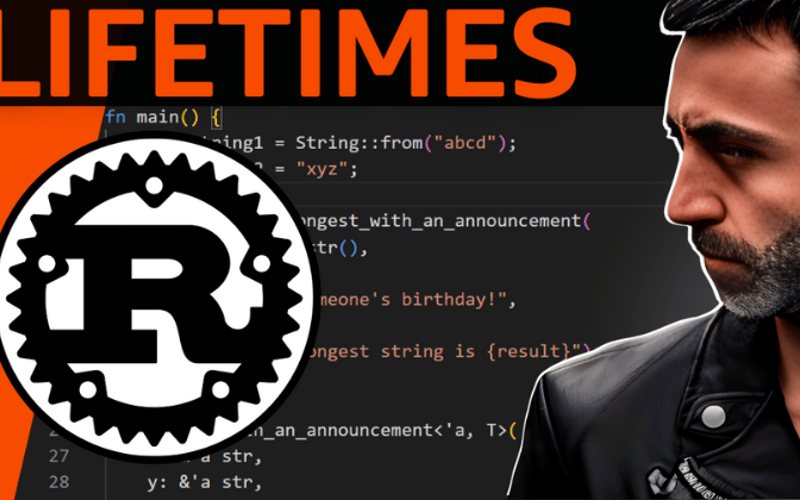18
Nov
Our rover navigation system is ready for its maiden voyage, but first, it needs to know where to go! The mission parameters have provided specific test scenarios to validate our implementation. My rover needs to interpret these commands: 5 5 1 2 N LMLMLMLMM 3 3 E MMRMMRMRRM Enter fullscreen mode Exit fullscreen mode And respond with precise positional data: 1 3 N 5 1 E Enter fullscreen mode Exit fullscreen mode Establishing Communication: Receiving User Input My first challenge was creating a communication channel with Mission Control. I turned to Rust's powerful std::io module to establish this vital link:…


![Implementing Webpack from Scratch, But in Rust – [3] Using NAPI-RS to Create Node.js Addons](https://pulsatingnews.xyz/wp-content/uploads/2024/10/Implementing-Webpack-from-Scratch-But-in-Rust-3-Using-800x500.png)




![Implement React v18 from Scratch Using WASM and Rust – [24] Suspense(1) – Render Fallback](https://pulsatingnews.xyz/wp-content/uploads/2024/09/Implement-React-v18-from-Scratch-Using-WASM-and-Rust-800x500.png)


